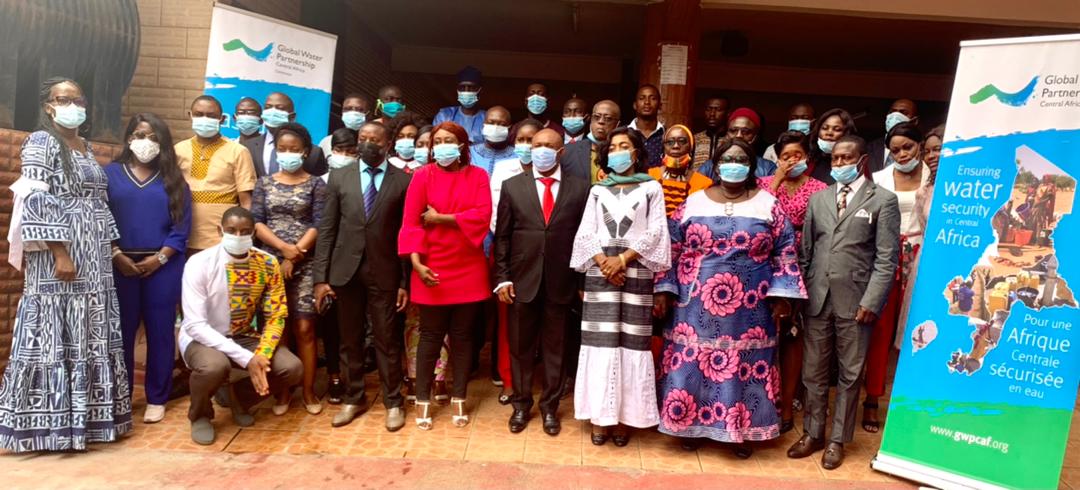The workshop which was organized within the framework of the AIP Water, Climate, Development and Gender Program (WACDEP-G) aimed at strengthening the knowledge and capacity of the actors involved in the strategic planning, budgeting and gender-sensitive monitoring processes. About forty stakeholders from the Ministry of Women’s Empowerment and the Family(MINPROFF), Ministry of Water Resources, UN Women, NGOs, and civil society organizations took part in this training. While welcoming the participants, GWP-Cmr’s executive secretary, Rodrigues METALA said, “we hope that this workshop will have an influence on public policies so that gender can be included in water and sanitation related projects”. A call which was supported by Madam Bekono Bernadette, the Sub-Director of the Promotion of Women’s Rights (MINPROFF) in her opening speech: “It is crucial to identify men and women’s specific needs and to get them involved in the project planning phase – this is key to making sure that they’re taken into consideration from the very start”.
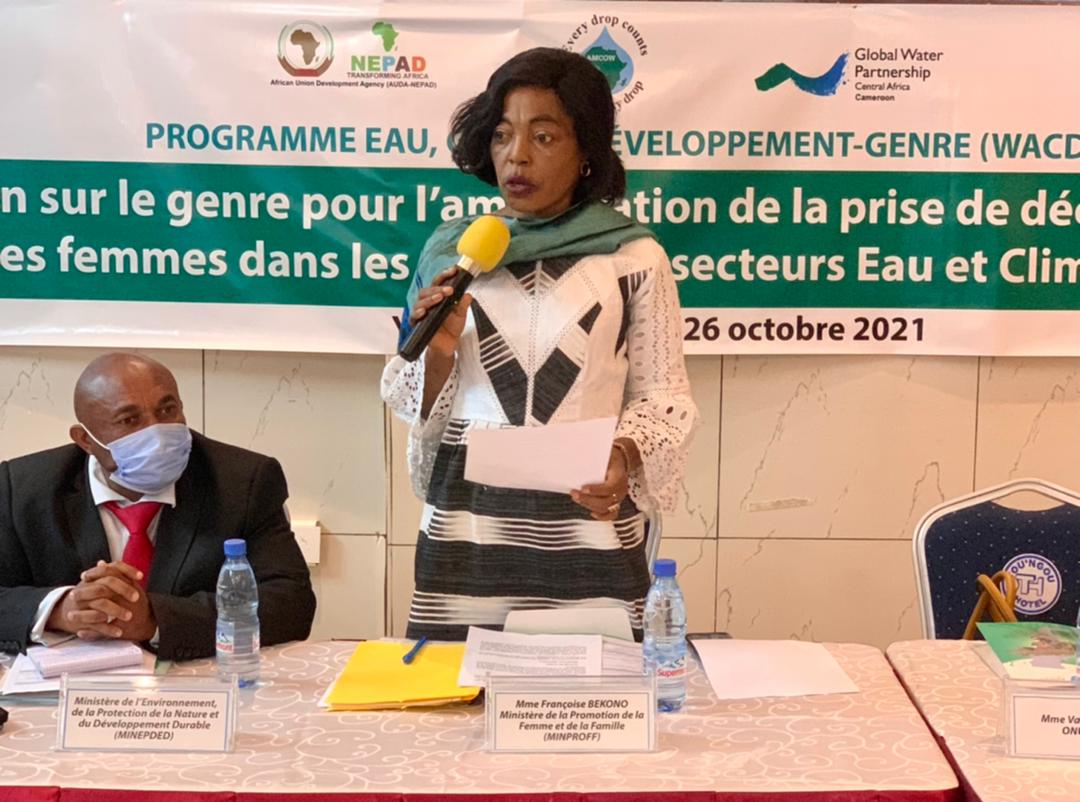
The WACDEP-G Program Coordinator, Murielle Elouga, started off the presentations with a detailed presentation of the WACDEP-G program and its objectives. The Program Manager for Leadership and Political Participation, UN Women Cameroon, Valerie MENGUE thenlaid emphasis on key concepts related to gender such as gender equality, equal opportunity - flagging that these concepts are often misinterpreted to mean women are favored over men and therefore setting the former against the latter. Participants engaged in discussions on whether the gender-transformative approach is challenging the societal norms which place women second and what chances exist for a real change to be made given how deep rooted these norms are.
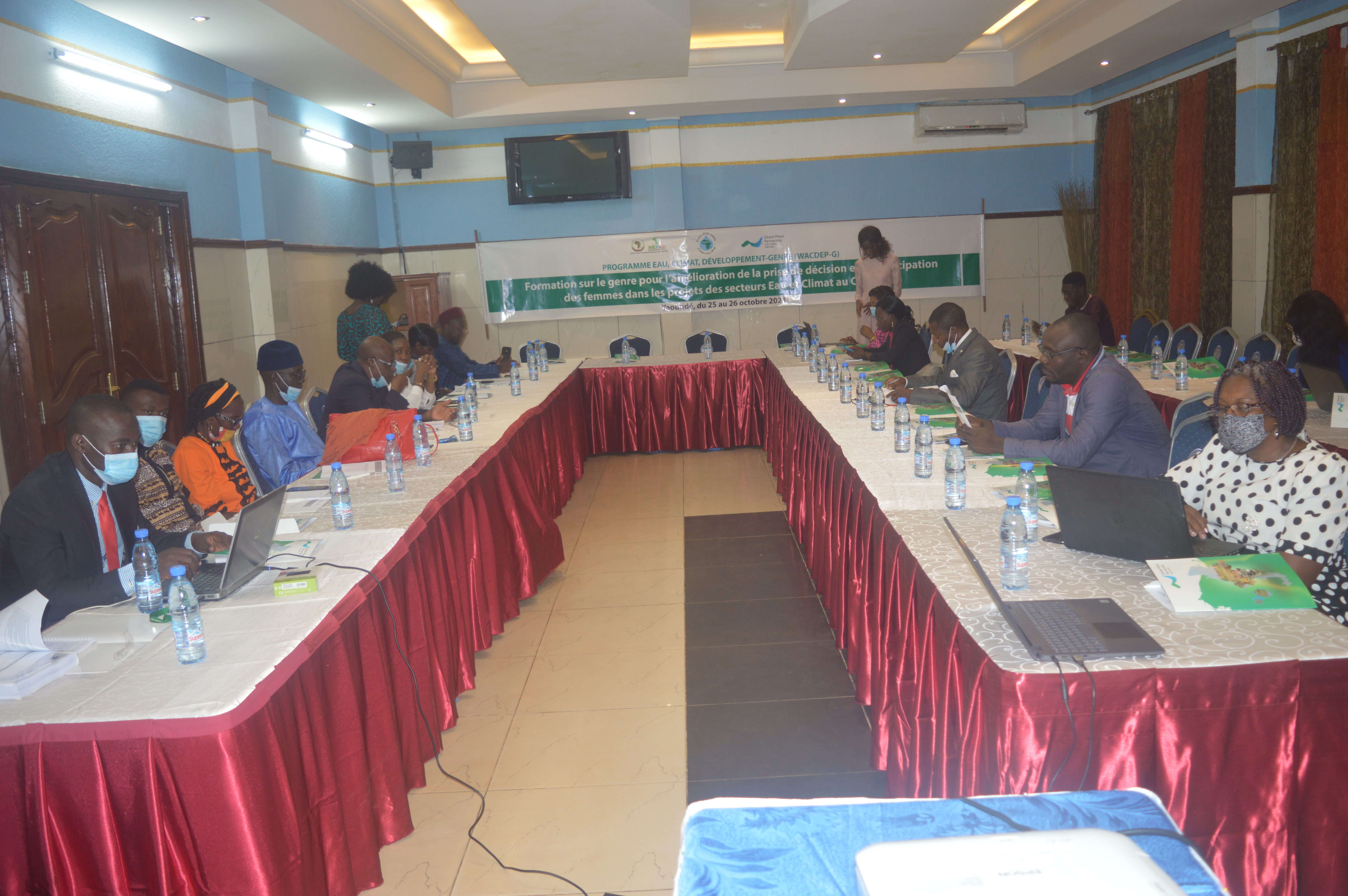
One participant made it clear that ,“the subject of gender is not a boxing ring” – implying that in the end, understanding the concepts and addressing these root causes are key to achieving gender equality in the water and climate sector. Madam Mengue further explained that trainings like these are to help “change the perception of men towards women and to get them involved in the project planning phase”. She then pledged her organization’s continuous support towards the implementation of WACDEP-G in Cameroon through capitalizing its vast knowledge about gender.
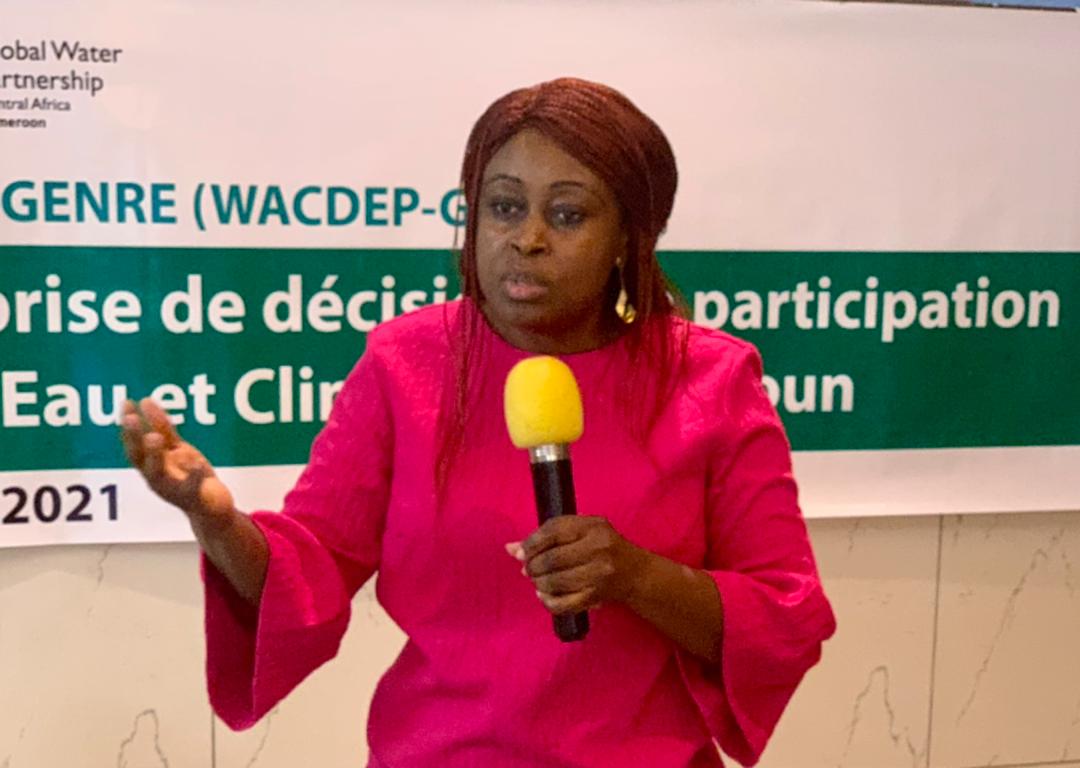
Other key presentations were made on the integration of the Gender Transformative Approach (GTA) in strategic plans/processes and Gender Sensitive Budgeting by NKOMA Marcel, Gender expert (MINPROFF) and Bikie Henriette, Gender Consultant. The key message was for decision-makers to ensure that every policy/plan put in place takes into consideration women’s needs at the start, ongoing and end phase. To best attain this, an effective allocation of resources to address those needs must be done at the level of budgeting.
After these presentations, participants were divided into groups to work on the practical application and assimilation of the knowledge processes and projects in the water and climate sector to be influenced by the Gender Transformative Approach (GTA) and to identify the constraints and opportunities for promoting this approach.
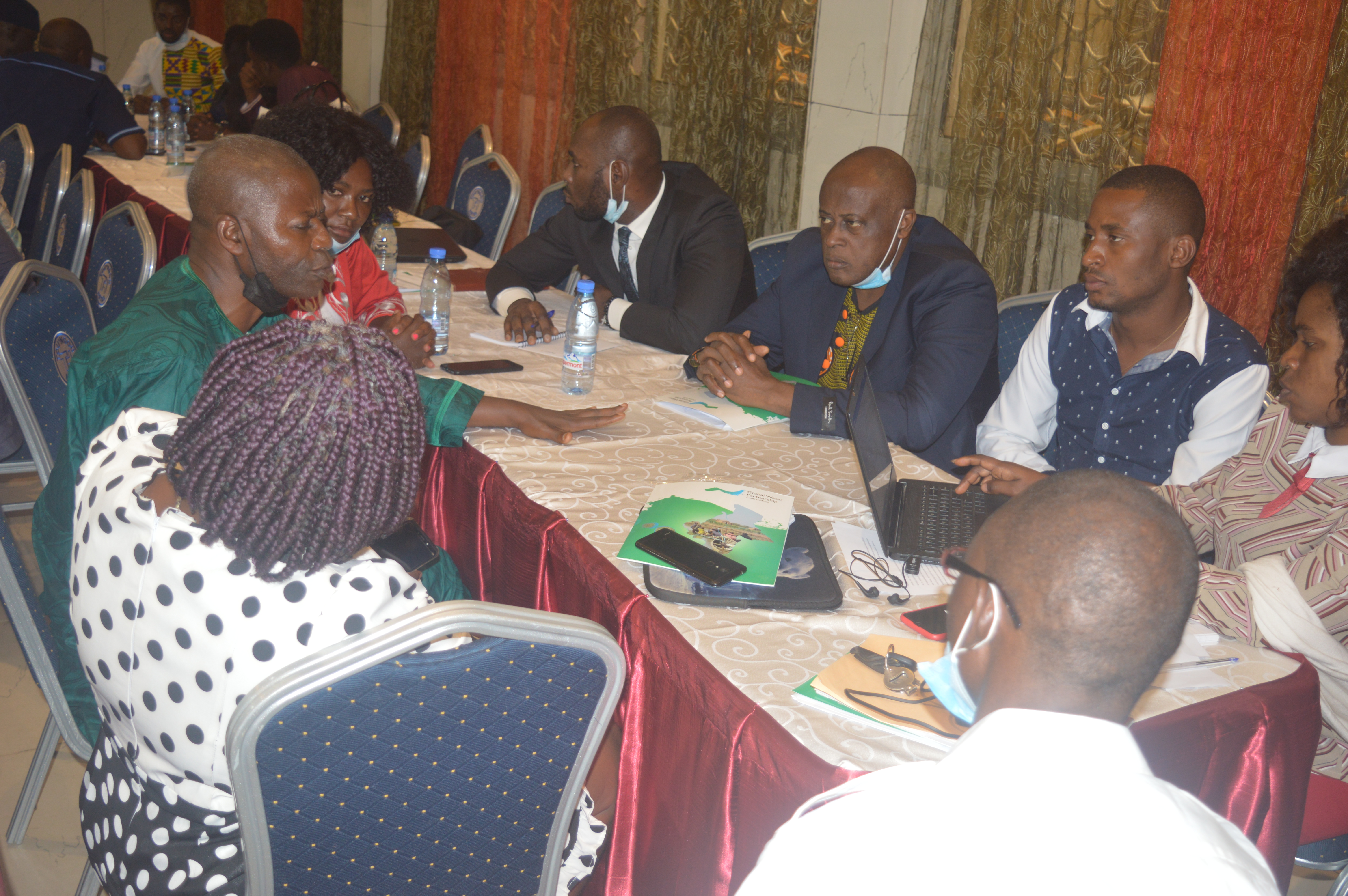
The workshop came to close on a high note with the participants appreciating the training and confirming their commitment to help move forward the GTA in the water and climate sector in Cameroon.
